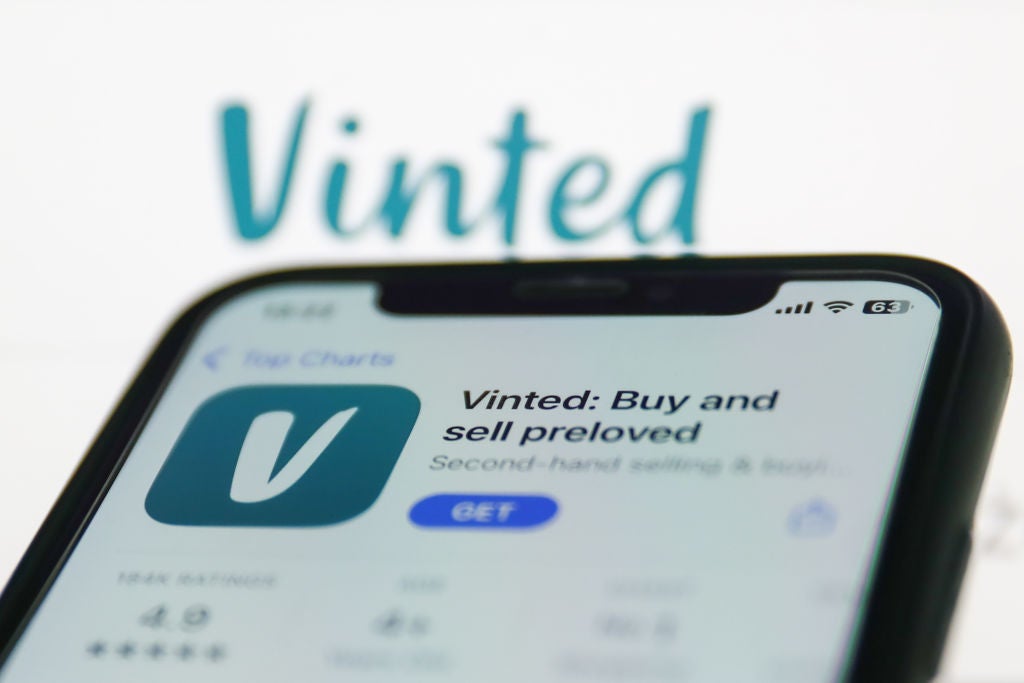
Apparel companies’ interest in the circular economy and resale market has been steadily growing over the past few years, with mentions of the “circular economy” in company filings having nearly quadrupled since 2017.
According to GlobalData’s analytics, “circular economy” mentions increased from 1,048 in 2018 to 2,040 in 2022.
The interest reflects the increasingly disruptive power of the global apparel resale market, which grew by 109.4% between 2016 and 2021 and is expected to grow by a further 52% between 2023-2026 – significantly faster than that of new apparel.
The rise of circular business models has largely been driven by rising consumer-sustainability awareness, online resale platforms like Depop and Vinted, as well as inflationary pressures squeezing spending power.
Regulatory pressure is also mounting to make fashion companies responsible for a product’s entire lifecycle, as the EU Commission drafts more legislation to tackle the growing mountain of textile waste.
In May, the European Parliament voted to overhaul the existing Ecodesign Directive, replacing it with an all-encompassing framework that will cover the design and disposal of goods, as well as increased consumer transparency via Digital Product Passports.

US Tariffs are shifting - will you react or anticipate?
Don’t let policy changes catch you off guard. Stay proactive with real-time data and expert analysis.
By GlobalDataIn July, the EU Commission proposed “mandatory and harmonised” Extended Producer Responsibility schemes for textiles across all EU member states, which would make producers cover the costs of managing textile waste and thereby incentivise waste reduction and the circularity of textile products.
A growing appetite for circularity has also driven a spate of deals in the fashion world. In August, branded resale and trade-in company Trove raised a further $30m in Series E funding to fuel new brand collaborations and finance improved technological and logistics infrastructure.
In March, Juicy Couture partnered with Recurate, a leader in recommerce technology, becoming one of the latest brands to enter the resale space and joining the likes of Inditex's Zara, Canada's athleisure brand Lululemon, US sports brand Nike, online retailer PrettyLittleThing and Swedish fashion brand H&M.
High-end brands, while vying with onerous authentication costs, are also recognising the alignment of resale with their values of longevity and quality. In 2021, Kering hoped for a first-mover advantage when it took a five percent stake in French luxury resale platform Vestiaire Collective – part of a wider strategy to capture younger, green-conscious consumers.
Our signals coverage is powered by GlobalData’s Thematic Engine, which tags millions of data items across six alternative datasets — patents, jobs, deals, company filings, social media mentions and news — to themes, sectors and companies. These signals enhance our predictive capabilities, helping us to identify the most disruptive threats across each of the sectors we cover and the companies best placed to succeed.

